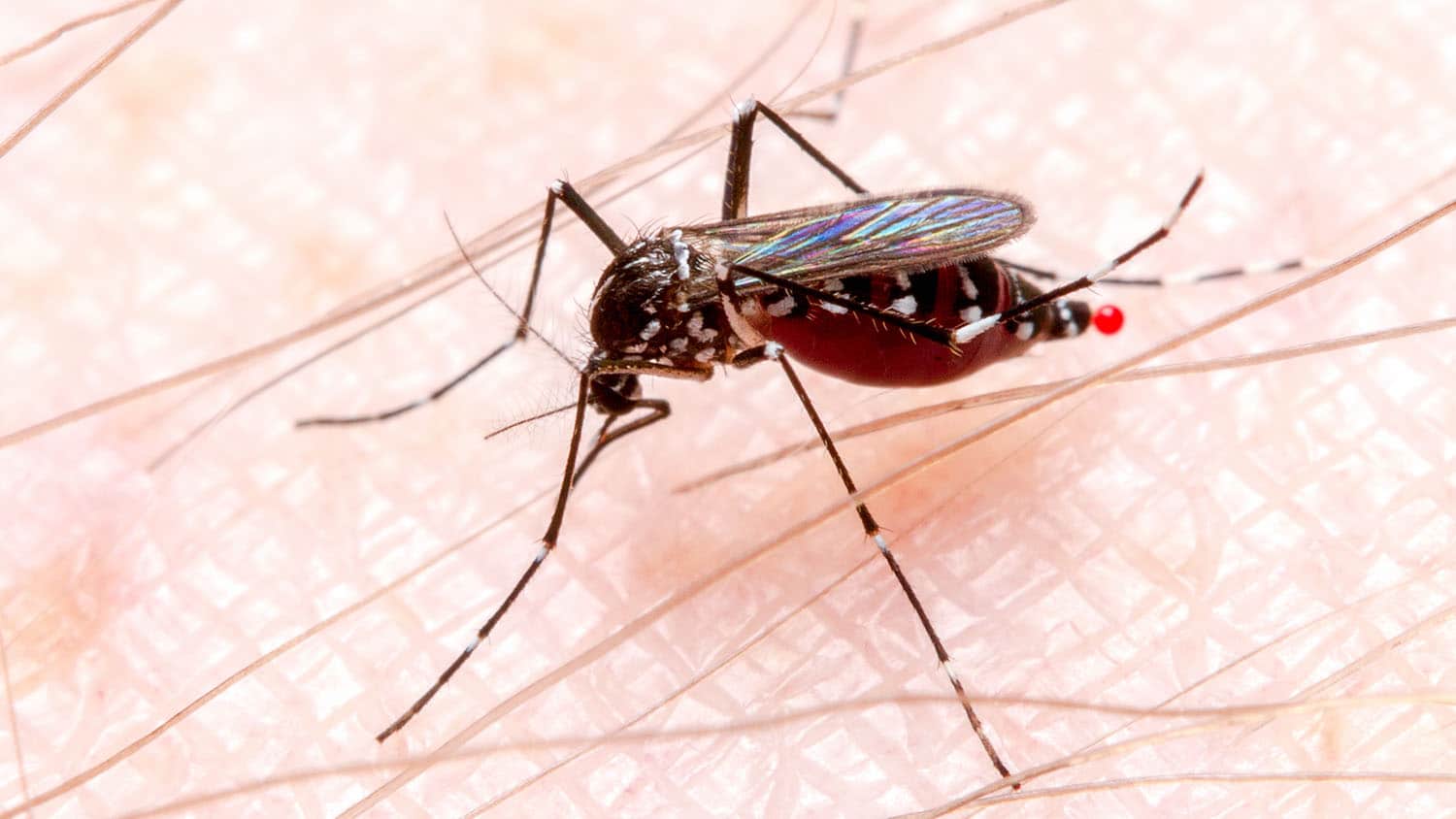Black widows have a bad reputation, but much of what people think they know about black widow spiders is wrong. Let's sort fact from fiction.
Can a Black Widow Kill You?
For example, while their venom is dangerous, a black widow bite is generally not lethal to humans - especially for healthy adults. And, while "everybody knows" that black widow females devour males after mating, that's not always true. Spiders are predators, so it does happen, but many males don't die after mating.
How to Identify Black Widow Spiders
You likely know the familiar image of female black widows: black spiders with globelike abdomens, emblazoned with a red hourglass on the back. Not all black widows look like that. Some black widows, particularly male or immature ones, have stripe-like markings on the abdomen. And the hourglass shape on the females can be whitish or yellow, rather than red, and may not always be shaped like an hourglass (sometimes it can be a series of dots, triangles, or even a rectangle). Furthermore, not all black widows are black.
One reason for the confusion about what black widows may look like stems from the fact that, when we talk about "black widows," we could actually be talking about many different species. There are 31 species of "widow" spiders around the world, all in the genus Latrodectus. Of those 31, five can be found in the United States - and three in North Carolina.
The most common species in NC are the northern black widow (L. variolus) and the southern black widow (L. mactans). The so-called brown widow (L. geometricus) is a relative newcomer to the area, and still somewhat uncommon.
Where Are Black Widows Found?
Black widows can be found across the continental United States. In North Carolina, the species you are most likely to see are southern black widows, because they like to build their webs close to the ground and in enclosed spaces - like woodpiles. Northern black widows are also fairly common, but they prefer a higher perch (look out when you're changing the bulb in your porch light).
As a rule, black widows (whatever the species) use relatively small webs to catch their prey, though they will also snag prey that simply comes too close. Be comforted by the fact that black widows want to avoid you. Humans, after all, are much bigger than spiders.
However, black widows will set up house in places that make human-spider interactions a distinct possibility. Black widows eat insects and, occasionally, other arachnids. They'll go where the food is, such as the aforementioned woodpile or porch light - both of which tend to draw insects of one variety or another. And, if put on the defensive, black widows will bite you.
How Do I Get Rid of Black Widows?
The cleaner and tidier you keep your woodpile, shed, garage, etc., the less likely you are to have black widows (or insects and spiders in general). But it's not feasible to eliminate the possibility altogether. So be careful. Wear gloves when you're bringing in wood, or reaching into places that you can't see. And while we are generally pro-spider, to be as safe as possible, you may want to eliminate any black widows you see in areas around people.
In general, liquid residual pyrethroid insecticides (e.g., products containing permethrin, bifenthrin or cypermethrin) are the go-to tool for managing black widows and other spiders. These can be applied in areas where you've seen the spiders, or in areas you are worried about finding them in the future. Do not apply insecticides of any kind onto wood you plan to burn, or directly to electrical wiring or outlets. If you see or suspect black widows around your property give a professional pest company a call - they have the tools and know-how to take care of the issue.
What Do I Do If a Black Widow Bites Me?
If you are bitten, and you're sure it was a black widow, don't panic. A healthy adult may suffer mild symptoms - or no symptoms at all. But if you do begin to feel ill, call a doctor. And if you have started feeling very ill, go to an urgent care facility (you may want to have someone drive you). However, if the person who has been bitten is a child, a pregnant woman, or someone in poor health, you should seek medical attention immediately.
To stay up to date with the latest pest management information from NC State, download our free app – WolfPest.
Related

All About Annoying Summer Pests
Learn how to protect yourself from arthropod pests, from ticks and mosquitos to termites and carpenter bees.






